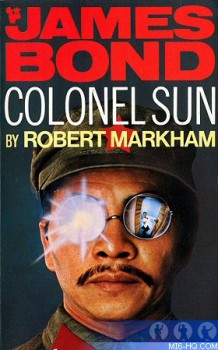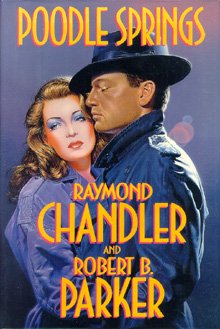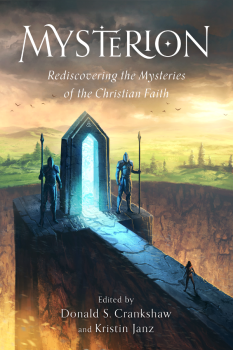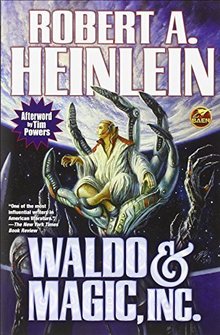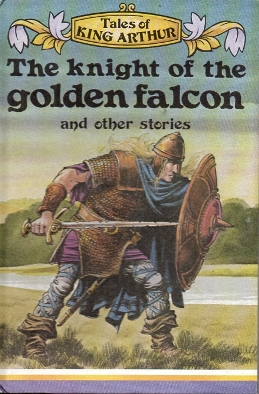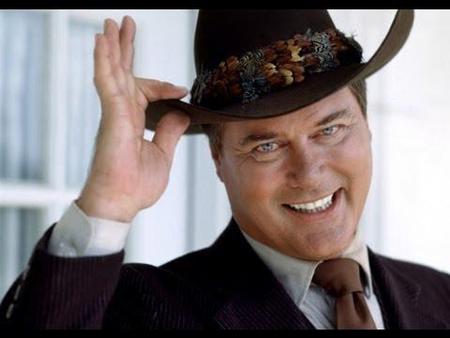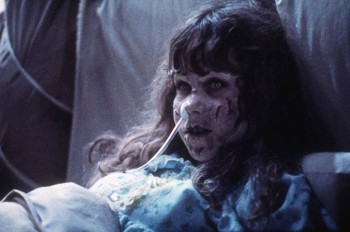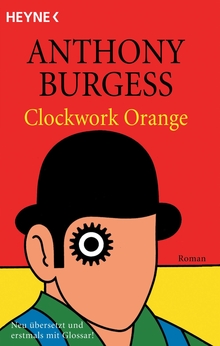Things Your Writing Teacher Never Told You: Pro-Tip From Craig Shaw Gardner
 Our Pro-Tip author this week is the prolific and funny Craig Shaw Gardner. Perhaps best-known for his humorous fantasy, he also writes horror and science fiction. Craig sold his first short story in 1977, and began writing full time in 1987. He’s written six or seven trilogies and a whole bunch of stories and novelizations. (At least 34 novels and two collections, and still going strong.) His trilogies include The Cineverse Cycle, Dragon Circle, and Arabian Nights.
Our Pro-Tip author this week is the prolific and funny Craig Shaw Gardner. Perhaps best-known for his humorous fantasy, he also writes horror and science fiction. Craig sold his first short story in 1977, and began writing full time in 1987. He’s written six or seven trilogies and a whole bunch of stories and novelizations. (At least 34 novels and two collections, and still going strong.) His trilogies include The Cineverse Cycle, Dragon Circle, and Arabian Nights.
Critique Groups and First Readers: Good Idea or Bad Idea?
Most writers (myself included) have something of a Love/Hate relationship with their prose. Often, when I start writing a story, I think “What a great idea! What a clever approach! This will be my best story ever!” And then, somewhere in the middle of the process, doubts creep in. “This is too long! No one will ever read this! I could have done a better job of characterization/ plot/ suspense/etc.”
Chances are, neither one of these visions of your work, both the high and the low, are entirely true. It’s hard to get the distance from your own prose to seriously judge yourself mid-story. This is where other readers come in. Many writers (myself included) depend on a writing group or first reader to give them perspective on what works and what doesn’t. A good writing group can gently tell you about the good and the bad in your story. You may not always agree with their proposed solutions, but their critiques will help you write a better story.
